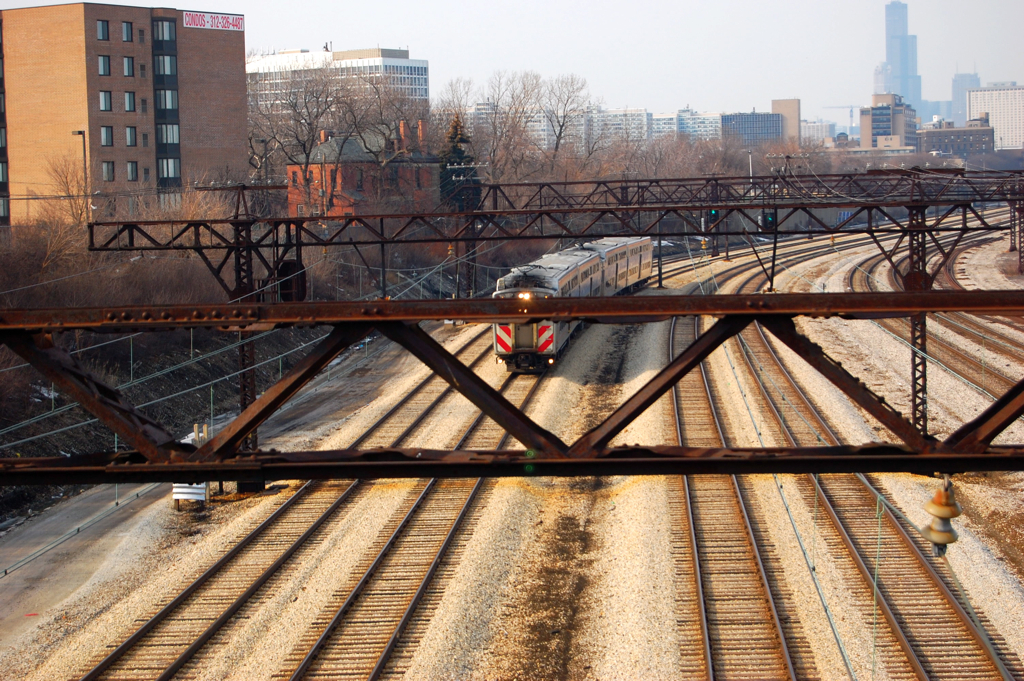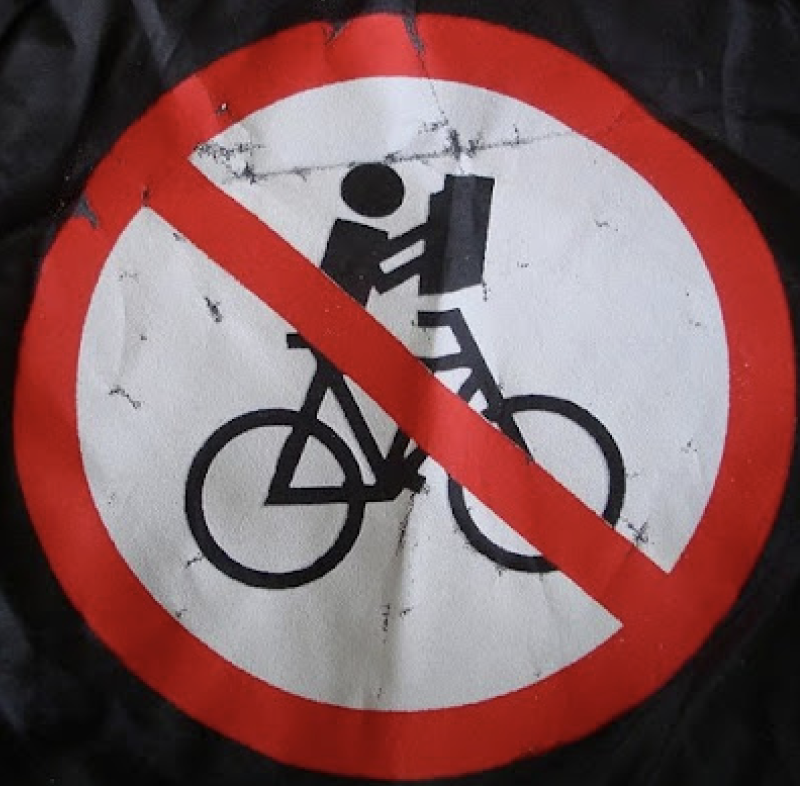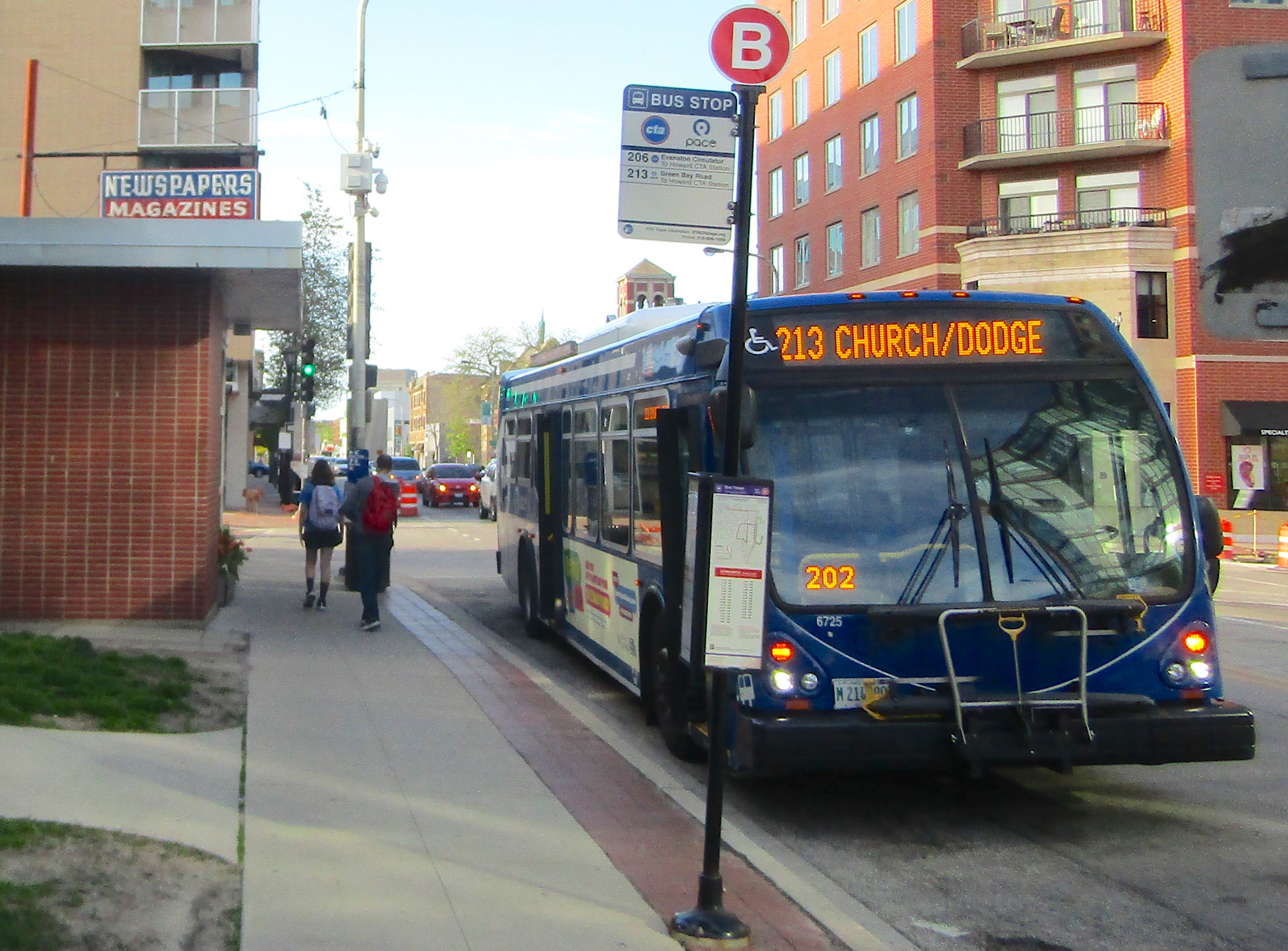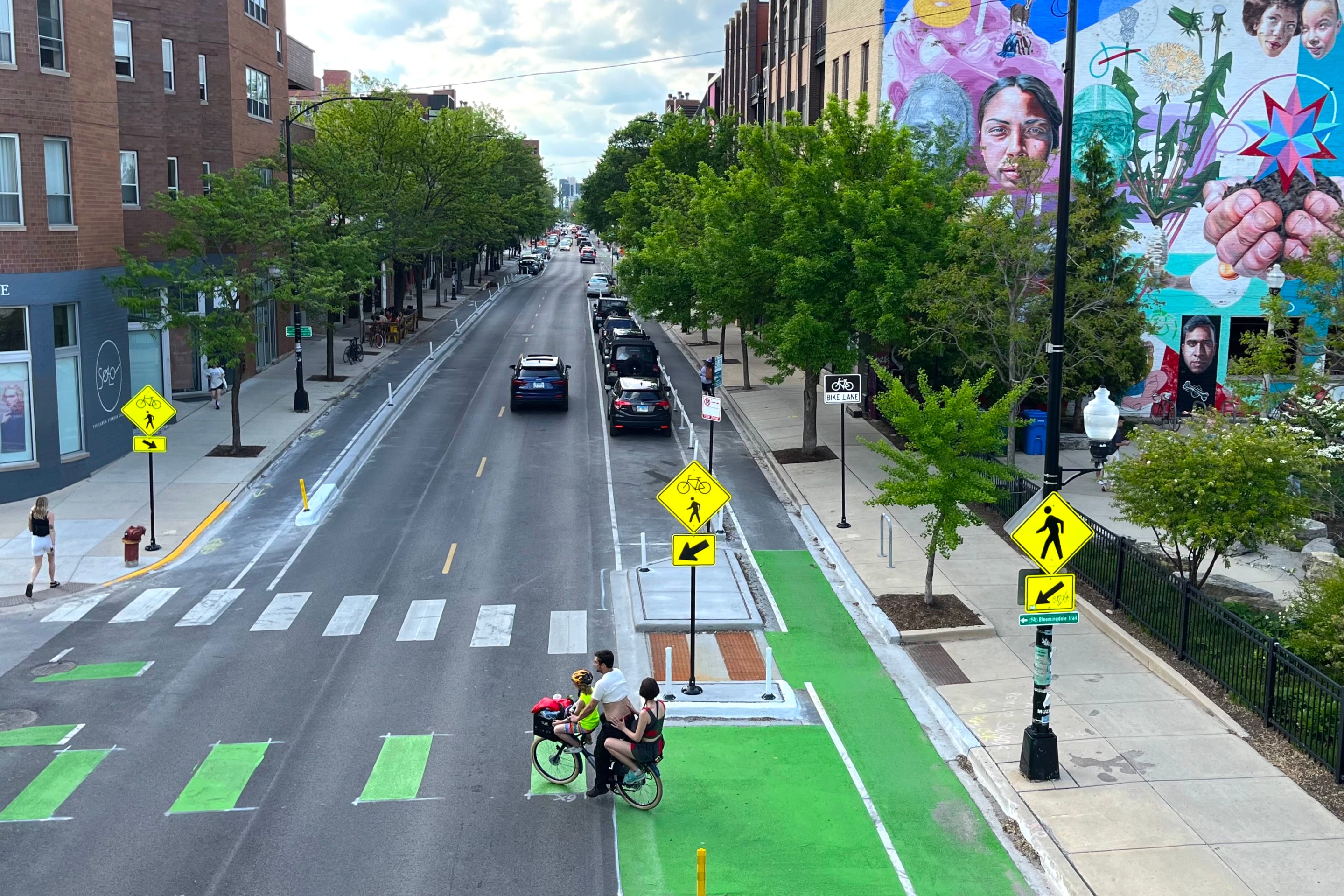Unlike CTA hearings, which can feature fiery testimony from residents, Metra budget public hearings tend to be pretty low-key affairs when there aren't any fare increases and/or service cuts on the horizon. And, if the portion of the Chicago public hearing I attended on yesterday is any indication, this year is no different.
This year, the hearings were yesterday and today from 4-7 p.m. As always, the idea was to spread the hearings throughout the six-county region that makes up the Regional Transit Authority's service area. There was one hearing at Metra headquarters near Chicago Union Station, two hearings in the suburban Cook County (one in the north and one in the south) and one in north and south Cook County suburbs and a hearing in each of the remaining five counties.
The format hasn't changed much, either – members of the public were welcome to come and speak at any point during the hearing, with a court reporter recording the comments. There are usually at least two Metra officials, and Metra directors have been known to show up at hearings in the regions they represent – though they usually don't stay all the way through.
Metra is expected to approve the budget during its November 8 meeting, with Regional Transportation Authority approving the budget sometime in December.
Streetsblog already did a breakdown of Metra's proposed budget, so I won't rehash it here. Suffice to say, with fares not going up and no major service changes on the horizon, there wasn't a lot to get people fired up. But I will add that there are a few interesting projects coming down the pipeline that seem to have flown under the radar.
Metra is planning to spend $1 million to add “automatic passenger counters” on Metra train cars. At the moment, Metra tracks riderships by sending people to count riders getting on and off trains on certain days – which gives you a good average, but doesn't necessarily capture some of the subtler shifts in ridership patterns.
The railroad will be spending $10 million to add shelters with heat lamps – something that's common on the 'L' but fairly rare on Metra, And while Metra isn't planning to increase fares, it does plan to introduce a new, Ventra-exclusive “round-trip pass.”
The idea was originally supposed to be part of the fare pilot that launched last year, but it has since been pushed back to coincide with the launch of a new Ventra app. Basically, the pass would work the same way as a monthly pass, in that it will be good for unlimited rides between certain fare zones, except this one is good for only one day. As the name suggests, Metra sees it as a way to offer a single round-trip tickets, instead of having the riders buy two separate one-way tickets.
The pass would cost the equivalent of two one-way tickets. But, for the relatively small portion of us (per Metra ridership statistics) who transfer between Metra lines and regularly make multiple Metra trips, it would also make transfers much easier, and a $19 pass between zones A-J would be the closest we would get to a weekend pass on a weekday.
While a relatively uncontroversial budget wasn't likely to draw that many people, the question that always gets asked during the hearings is whether Metra should hold them later in the evening, when riders aren't taking the trains home. CTA always holds its hearings in the evenings. Pace is actually worse, holding its budget hearings before 6 p.m. - which all but guarantees that people who work regular hours wouldn't be able to attend.
Metra's board seems to be aware of the issue. Back in the spring, some directors wondered whether holding sparsely attended hearings was worth the time and effort, and whether they could change the set-up, but for this year, at least, they didn't change the formula.
Only two people spoke while I was at the meeting. Transit activist Charles Padrock argued that the fares were still a bit high. He recalled how, when Union Pacific Railroad's “Big Boy” steam locomotive was on display at West Chicago from July 27-29, he decided to see it on Monday to avoid the weekend crowd – but ultimately decided against it when he realized that the $14.50 he would spend for a round trip was more expensive then the $10 weekend pass.
“I wasn’t going to spend that amount of money to see a steam engine,” Padrock said. “It was a cost-prohibitive thing.” He added that the “deficiencies” of the way Metra is set up, from cars to fares, “should be given some serious thought.
Baroness Ann said that, looking at the budget documents, she saw that 20 percent of Metra employees were expected to retire and she wondered what kind of job opportunities would be available. When informed that this was a public hearing, and that no one would be answering questions, she simply offered praise for Metra and its staff.
“I just want to say, as a passenger, I love the service, love the employees,” Ann said. “I’m friends, personally, with numerous employees. So I want to say - good job. Keep up the good work.”




